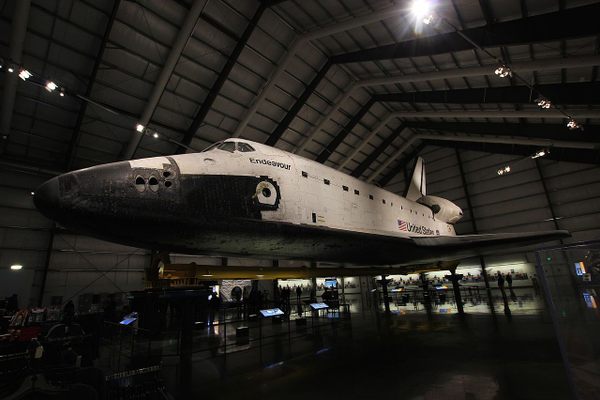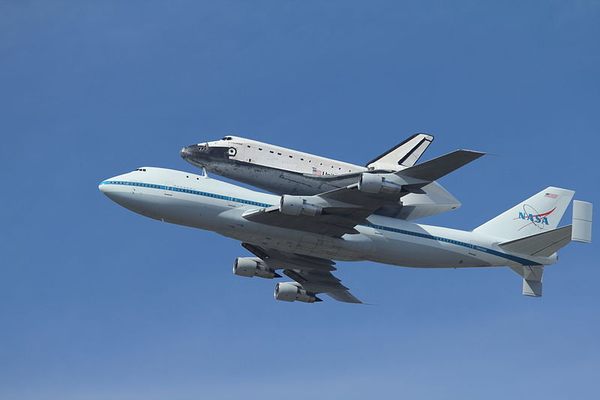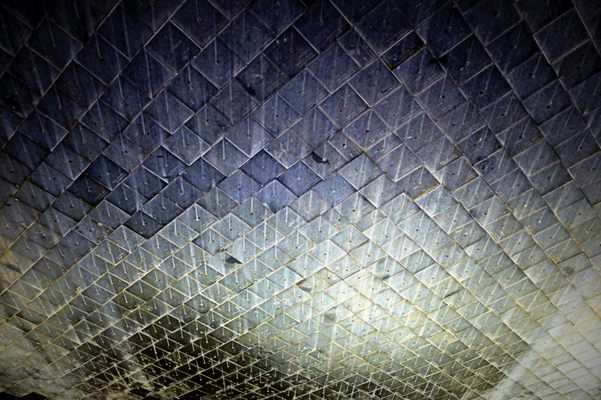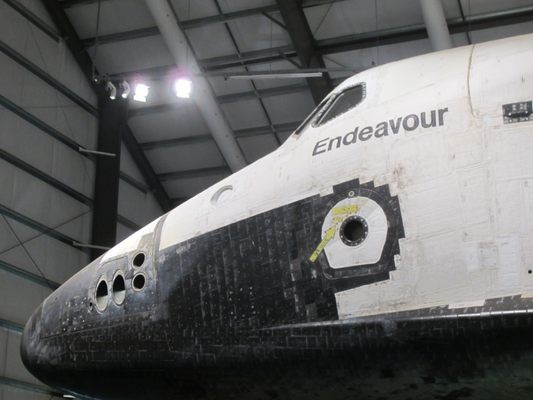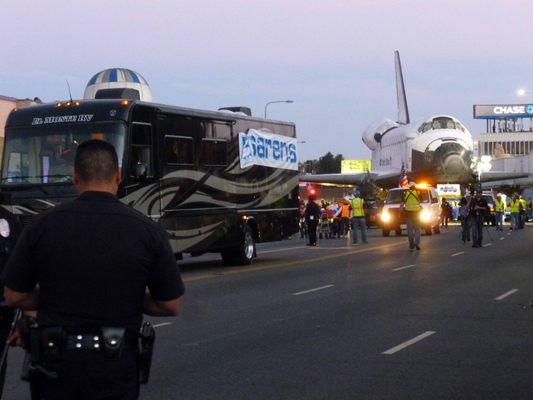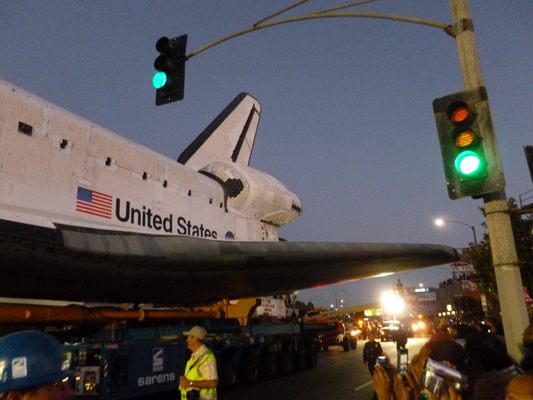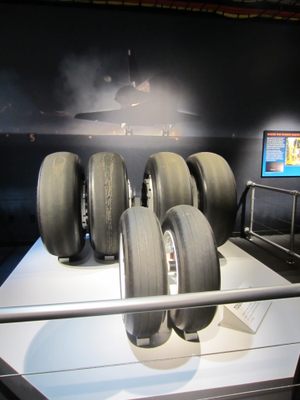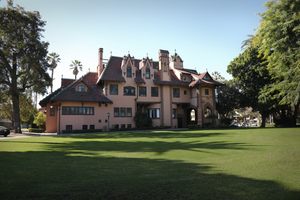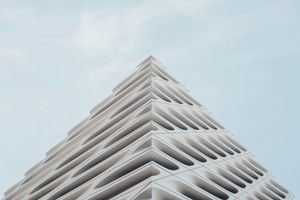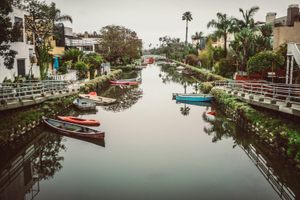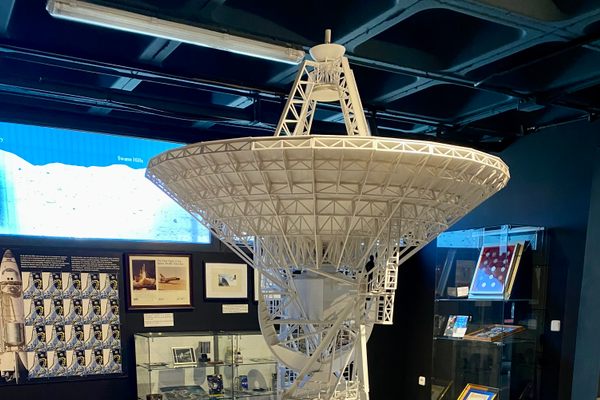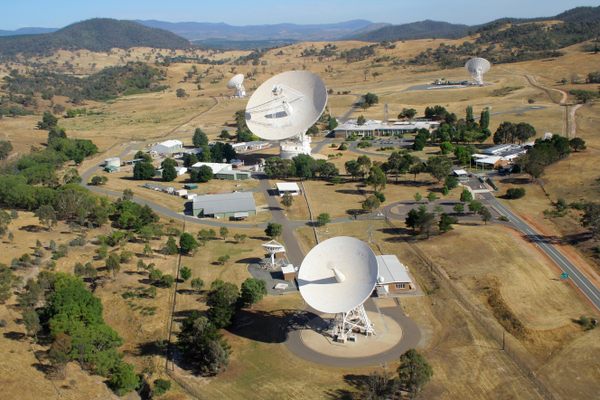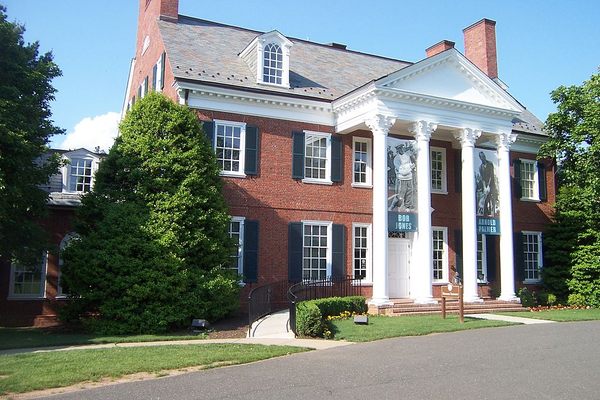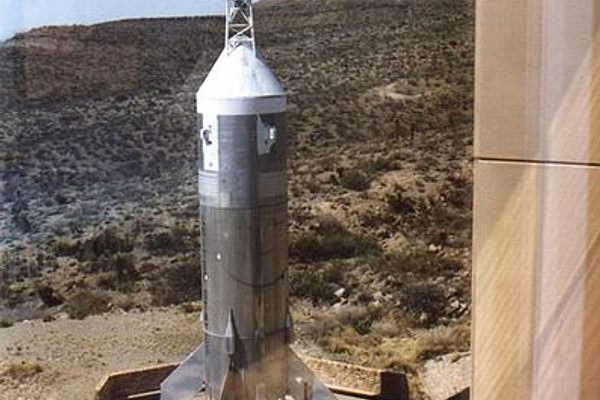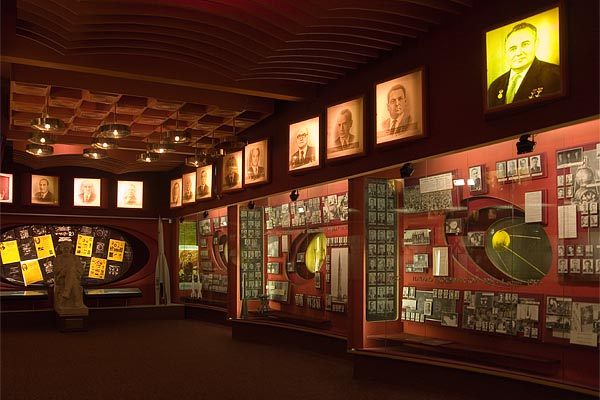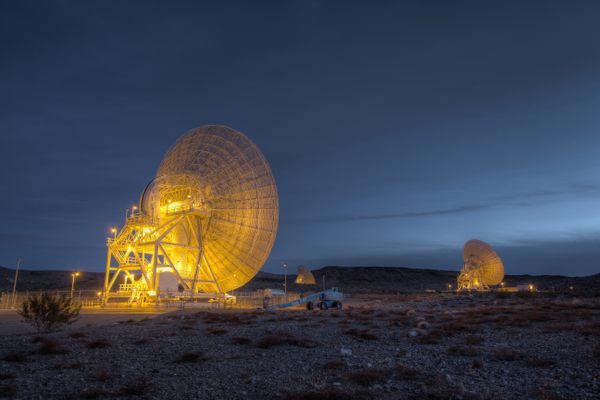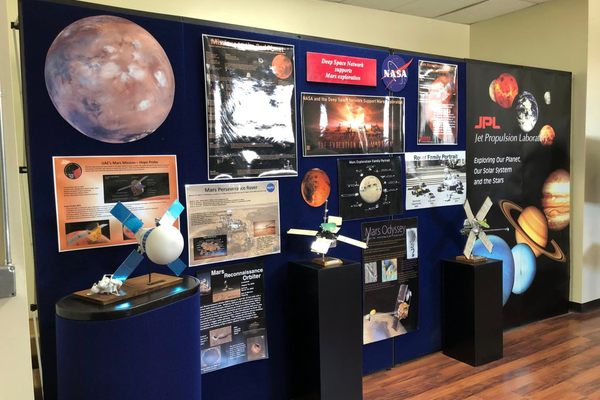About
People all across the country and up and down the coast of California clambered onto rooftops, swarmed bridges and climbed the highest buildings to say goodbye to Endeavour OV-105 on its final journey.
Heartwarming, patriotic, and a little sad, the flight signified the end of an exciting era. The fifth and final space shuttle that NASA built, Endeavour was an orbiter that flew its first mission in 1992. Built to replace the doomed Challenger shuttle after it was lost during launch, Endeavour represented hope and perseverance, a symbol of the bravery displayed by the men and women who persisted in exploring the unknown, despite the strong odds against them.
After 25 successful flights in 19 years of service, the shuttle was decommissioned. After 122,853,151 fly miles and a total of 299 days in space, the Endeavour was put to rest, but not before giving Americans one last look as it was flown from the Kennedy Space Center in Florida to its final resting place in Southern California. NASA took its time, making sure to fly low over places significant in space exploration history, and allowing everyone in its path a chance to wave goodbye.
Many organizations vied for the chance to display the shuttle, but it was the California Science Center in Los Angeles, California that finally won out. The funeral procession of the mighty, space-worn shuttle was something to see. Bolted to the roof of a massive 747 carrier aircraft and escorted on each side by small fighter jets, the spacecraft took a detour to Tuscon, buzzed the Golden Gate Bridge, and did a lazy loop around the Jet Propulsion Lab. Its wingspan made the journey on the ground through narrow city streets a nail-biting experience for operators and citizens alike, but they finally made it, and on October 30th, 2012, the Endeavour display was opened to the public.
Related Tags
Know Before You Go
In order to view Endeavour, advance reservations might be required depending on the day of your visit and are required on weekends and holidays. To view the shuttle, you will start at the companion exhibit which you will find located next to the ecosystems section, before then moving to the shuttle display pavilion building (separate building just outside).
Published
April 17, 2013
